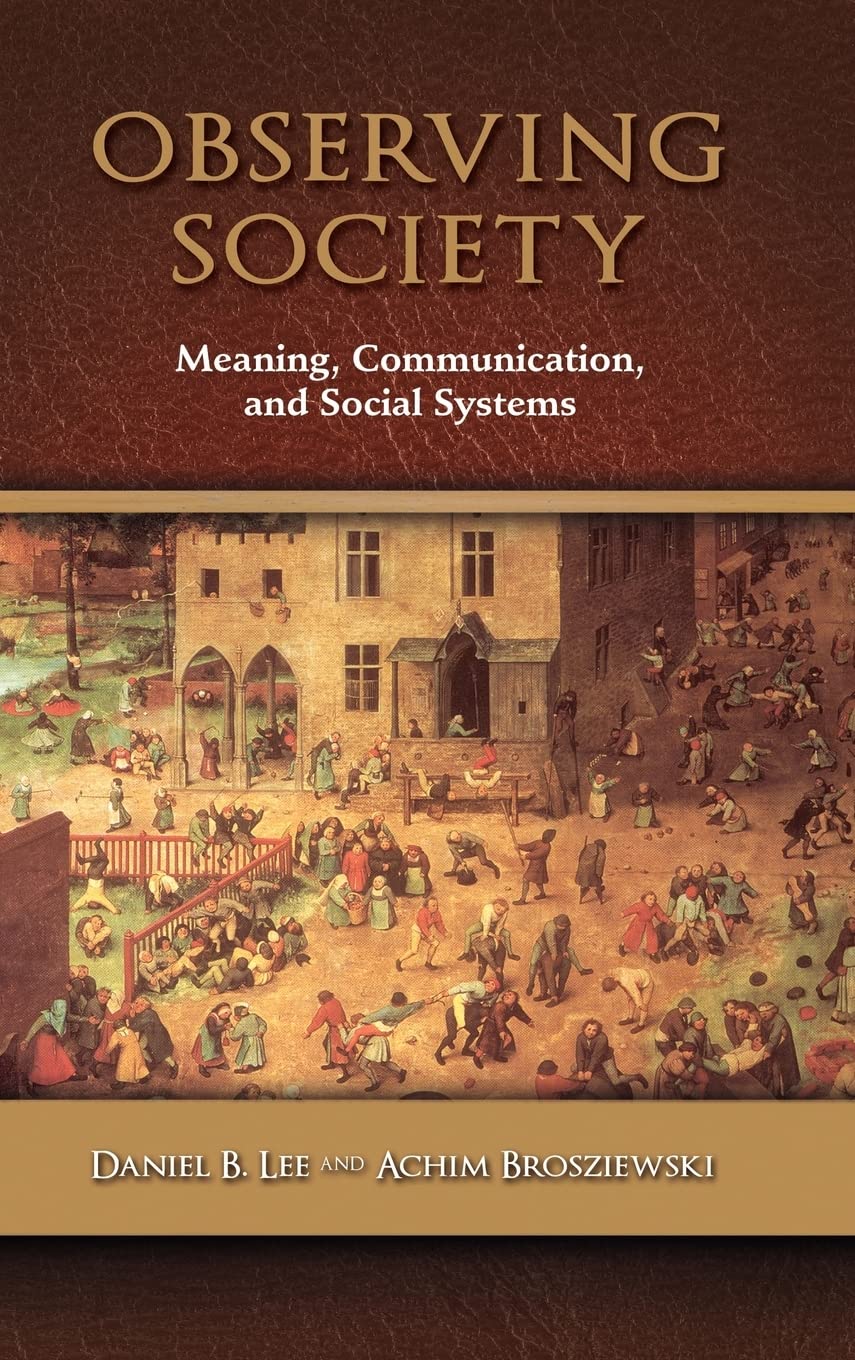

Most ebook files are in PDF format, so you can easily read them using various software such as Foxit Reader or directly on the Google Chrome browser.
Some ebook files are released by publishers in other formats such as .awz, .mobi, .epub, .fb2, etc. You may need to install specific software to read these formats on mobile/PC, such as Calibre.
Please read the tutorial at this link. https://ebooknice.com/page/post?id=faq
We offer FREE conversion to the popular formats you request; however, this may take some time. Therefore, right after payment, please email us, and we will try to provide the service as quickly as possible.
For some exceptional file formats or broken links (if any), please refrain from opening any disputes. Instead, email us first, and we will try to assist within a maximum of 6 hours.
EbookNice Team

Status:
Available4.4
32 reviewsThis book introduces the resources of contemporary social system theory, as pioneered by the German sociologist Niklas Luhmann and associated theorists. Luhmann's theory is very different from the general systems approach that dominated sociological thought for several decades after the Second World War. Norms and functions are not seen as fundamental premises of social systems and social order. Rather meaning, communication, and observation are set into the core of social life and its analysis. Meaning is seen as a medium that couples psychic and social systems or consciousness and communication. Observation is described as the introduction of distinctions and selections, and communication is the basic operation that connects observations and thereby allows for the emergence of observers: persons, interaction systems, organizations, and functional subsystems of society, such as the economy, politics, law, and art. Society itself is conceived as the encompassing unity of all communication, a universal set of references that makes observation and communication possible. Modern system theory does not join the quest for essential variables such as norms, values, or institutions. It selects observations and depicts their connectivity, their potential for processing information, building expectations about meaning in the world, and for structuring social systems. Contemporary social systems theory tries to explain the probability of the improbable: that communication occurs and reproduces a universe of meaning in which observers may orient themselves. Social system theory incorporates fresh insights from cognitive biology, the philosophy of consciousness, phenomenology, distinction theory, socio-cybernetics, and constructivism to explain the emergence of society.